King Charles III visited Germany, continuing thus a line of tradition established by his mother. Not so much the visit itself, but rather the reactions to it cast a telling light on Germany in particular, and Europe in general. Monarchy, one could have the impression, is actually something that belonged to the Middle Ages. Not only did some media make no secret of their ignorance of the history and the position of a foreign head of state: with the Left Party, even one party openly agitated against the king's visit.
The left-wing radicals took offence at the fact that the King was addressing the Bundestag. The deputy leader of the Left Party, Ates Gürpinar, even went so far as to say: "I think it is absurd to have a king speak in the Bundestag. Let's remember: monarchies are basically dictatorships with a bit more historical tinsel." And this coming from the mouth of a member of a party that before 1989 was still called the SED and led a dictatorship itself.
A self-proclaimed satirical programme on the Second German Television (ZDF) also subscribed to this view. It mocked AfD supporters by saying that they opposed a supposed "eco-dictatorship", but apparently had nothing against a king. A king, in the dominant German discourse, is a Louis XIV-like figure, although the German elective kingship of the Middle Ages and the early modern period, of all things, was anything but an absolutist form of rule.
One does not have to be a royalist to recognise, in these vulgar reflexes, an ignorance typical of the supposedly progressive, cosmopolitan and tolerant Germany. At the same time, we can see here an anti-European spirit that already begins to concern itself with the most exotic countries in the world, but fails to realise that four of Germany's neighbouring states alone have a monarch at their head.
Moreover, these comparisons seem strange, especially from a German perspective; after all, two dictatorships raged on German soil in the last century after the monarchy was abolished, while the Benelux and Nordic countries were spared such upheavals. The fact that the only dictatorship in English history dates back some 400 years and is the only episode in which that country did not have a king is just as much a part of the historical obliviousness of a supposed German elite as the fact that a monarch, the former emperor, spoke to parliament in the Reichstag building on several occasions.
The defensive reflex appears even clearer when one considers that Charles III is a moderate, if not progressive monarch, whose ecological ideals certainly offer points of contact with left-liberal projects. The background of German sensitivities is thus to be found in a principled, not just a spontaneous aversion to the figure of a king.
The handling of the British monarch's appearance thus reveals not only small-mindedness in knowledge of European backgrounds and arrogance towards other countries. The latter, however, is definitely motivated by the idea of basically being more "progressive" than the others, because monarchies per se must be more backward than republics. This view is based on a self-induced historical amnesia.
It would be too short-sighted to interpret this historical amnesia only as a reaction to the crimes of National Socialism. Now that amnesia also includes the Adenauer years, and thus the period up to 1968. The amnesia is prescribed; it assures the generations involved that have made a "march through the institutions" since 1968, and that there was no history worth mentioning before them. Only the history that they themselves helped to make, themselves formed, themselves witnessed, has a real value.
From the point of view of this generation, Hitler as an absolute evil may be a negative figure of orientation. But the path to him is seen as a compelling historical development. In a historical determinist interpretation, only this one historical path, this single historical development was possible. This means that all the preceding history is a footnote. The intrinsic value of historical developments, achievements of art and culture, sacrifice for higher spiritual values, tragic human fates are demeaned as phenomena nurtured by a few more advanced people who did not know any better. There the doomed world, here the best Germany of all times.
The German case is only an example. Throughout Europe, a fragmentary conception of the past is spreading. It consists only of blurred images of that past, set pieces that serve as mere catchwords to present the past as well as possible. Such views of history include a diagram that has been circulating for years, showing that Europe was mainly at war until the EEC was founded. Quite apart from the fact that the "time of peace" since 1955 stemmed mainly from the nuclear balance of terror, such pictures propagate a progress that did not exist in this form, since the quality of war has changed fundamentally. Considering their limitation and impact, the cabinet wars and wars of unification can hardly be compared with the campaign of destruction of the Second World War.
The fact that Europe could have a deeper-flying soul that is not exhausted in abstract values but in a common history in which the occidental monarchy played a central role remains alien to this relativist interpretive elite. Even a left-liberal monarch is a thorn in their side. Admittedly, the phenomenon was less evident with King Charles than, for example, with the "German" Pope Benedict XVI, whose visits to his homeland created a hostility synonymous to an outright offense. Probably because Benedict, unlike Charles, stressed much better what the progressives and liberals did not want to be reminded of.
Read also
The German migration policy does not want to grow up - yet
It is not only regarding energy policy that Germany remains in a Peter Pan mode for the time being: several events this month have revealed that Berlin, despite its immense burdens, is reluctant to push through a more pragmatic and far-sighted immigration policy.
Marco Gallina
The Individual on the Defensive
Do Nazis have a right to life? Outside Germany, such a debate might seem perplexing. But during the last days of May, discussions in Germany revolved around nothing less, after a left-wing extremist was released under quite lenient conditions.
Marco Gallina
The German government wants to throw two opposition parties out of parliament
On 17 March, Germany carried out what was possibly the most significant change in electoral law in the post-war period. It was also especially remarkable because a government with an absolute majority could thus eliminate two opposition parties, at least in the medium term.
Marco Gallina
Country report: Germany, July - How the German government tried to undermine parliament
The traffic light government consisting of Social Democrats, Greens and Liberals had wanted to push the "heat turnaround" through the German parliament by brute force.



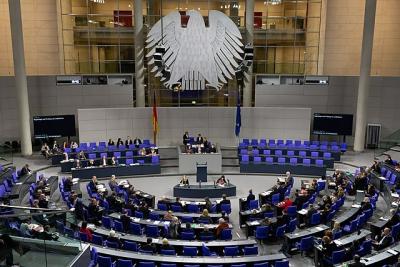


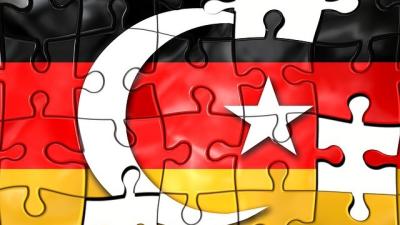

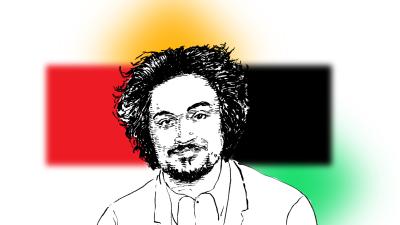

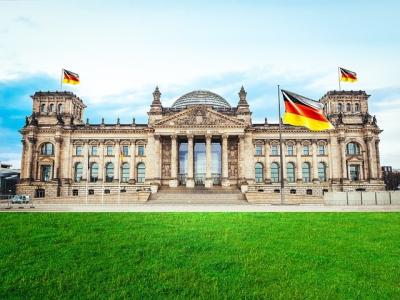

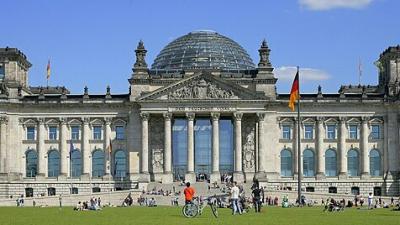

Comments (0)